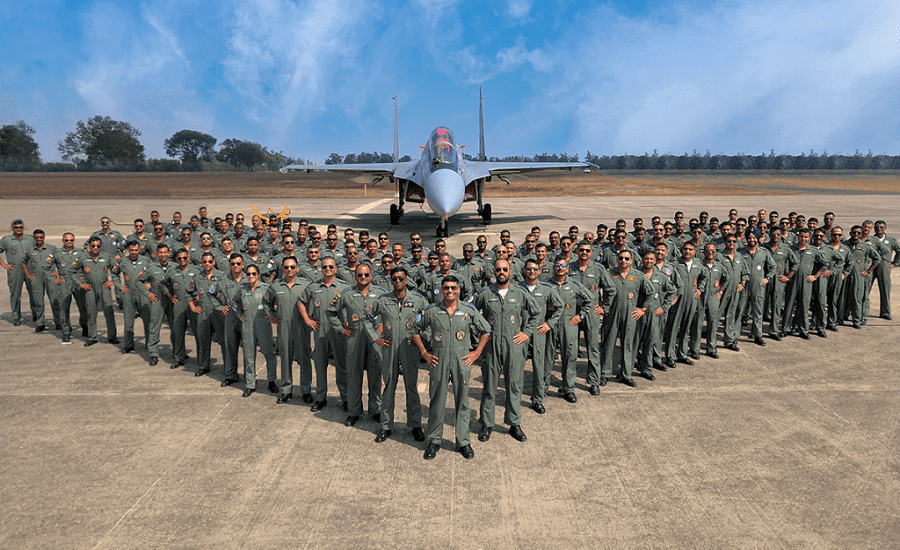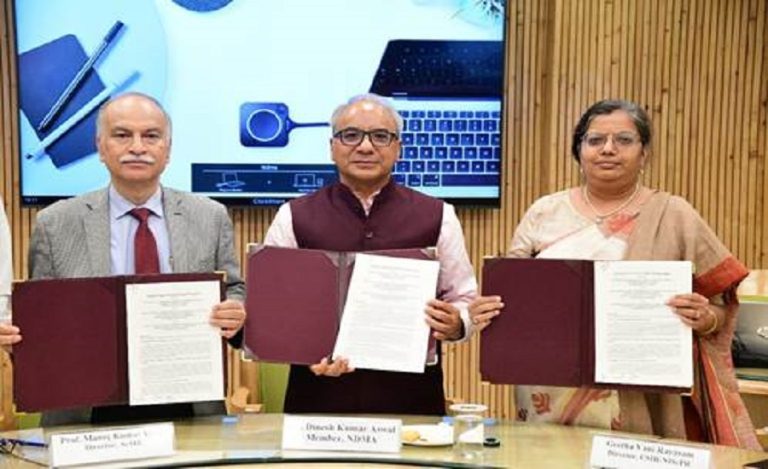The Indian Army has approved one of its largest-ever small-arms acquisitions – a contract to procure 4.25 lakh Close Quarter Battle (CQB) carbines, in a deal estimated at around ₹27,770 crore.
This procurement is part of a wider modernisation phase, often described as the “Decade of Transformation”, focusing on infantry capability, rapid deployment, modularity and self-reliance.
Read also: India Russia R-37M Missile Talks Advances to Arm Su-30MKI fighters
Given evolving threats and technology-driven infantry combat, upgrading legacy rifles to more advanced 5.56×45 mm calibre CQB carbines reflects the Army’s intention to enhance lethality, manoeuvrability and adaptability of its infantry units.
Key Details of the Contract
The contract covers 4.25 lakh (425,000) carbines.
- The total value is approximately ₹27,770 crore.
- The weapons are to be calibre 5.56×45 mm, aligning with modern infantry standards.
Two private players are involved:
- Bharat Forge (via its subsidiary Kalyani Strategic Systems) will supply ~60 % of the order (≈255,000 units).
- PLR Systems (a joint venture between the Adani Group and Israel Weapon Industries) will supply the remaining ~40 % (≈170,000 units).
The entire delivery is expected within two years from contract finalisation.
Strategic Importance & Implications
1. Boosting Infantry Firepower: By equipping its combat units with new CQB carbines, the Indian Army is emphasising modern infantry tactics, especially in close-quarter environments and multi-domain operations. The move enhances responsiveness, adaptability and lethality.
2. Atmanirbhar Bharat in Defence: This deal underlines India’s push for indigenous defence manufacturing and private sector participation. Sourcing from domestic firms and joint ventures reflects the “Make in India” and “Atmanirbhar Bharat” imperatives.
3. Operational Readiness and Rapid Roll-out: The two-year delivery timeline signals urgency, especially given evolving security challenges along borders and within the broader Indo-Pacific strategic environment.
4. Modernising the Force: This procurement is part of a holistic force modernisation drive covering weapons, sensors, ISR (Intelligence, Surveillance & Reconnaissance), multi-domain operations and jointness across services.
Impact on Defence Industry
Assessing how domestic arms production capabilities scale up, workforce readiness and technology transfer.
Way forward
Manufacturing & Quality: How the domestic vendors meet specifications, quality standards and delivery timelines.
Deployment & Integration: How soon the carbines will be field-deployed and integrated into infantry units, including training, drills, and tactics.
Read also: 114 Fighters, One Mission — MoD Pushes for 100% Indian Involvement in IAF MRFA Project
Follow-on Orders: Whether the Army will extend this procurement or initiate further contracts for other weapon systems.
Supply Chain & Maintenance: Ensuring robust spares, servicing and lifecycle support to avoid bottlenecks in the field.




























